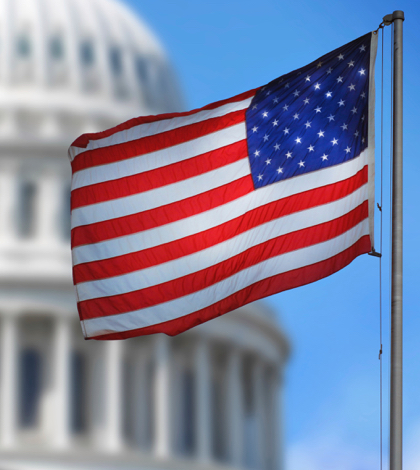This week the California Water Association announced that Governor Jerry Brown signed the last of three bills they sponsored that strengthen customer protections in the Water Code and Public Utilities Code.
Assembly Bill 1180 (C. Garcia) directs the California Public Utilities Commission (CPUC) to evaluate the potential for repealing a transaction fee levied on customers who pay their water utility bill by credit or debit card, or by other forms of electronic or online payment.
Currently Public Utilities Code §755 requires this transaction fee unless and until the CPUC determines that the use those types of payments would result in no net cost to the utility. This transaction fee applies only to regulated utilities and is not the case for government utilities or state agencies.
The next bill signed is AB 2874 (Gaines) protects investor owned water company customers from unwarranted fees and other financial requirements imposed by Groundwater Sustainability Agencies (GSAs) formed pursuant to the Sustainable Groundwater Management Act of 2014 (SGMA).
Lastly, Senate Bill 1456 (Galgiani) extends the current loan forgiveness provisions available to government water agencies under California’s Drinking Water State Revolving Fund program to all community water systems with 3,300 or fewer service connections serving a disadvantaged community—including those regulated by the CPUC. For the regulated utilities, the loan forgiveness provision applies to capital improvements made by these systems.
For nearly 20 years, the Drinking Water State Revolving Fund program has provided low-interest loans to water utilities of all types for infrastructure projects. Historically, there have been two ways to secure funds under this program: Proposition 1 and loan forgiveness. Regulated utilities have not been eligible for loan forgiveness in California.
SB 1456 corrects this omission by applying the loan forgiveness provision to capital improvements made by a CPUC-regulated water utility serving a system that is located in a disadvantaged community and with less than 3,300 service connections.
Additionally, the bill specifically provides that any eligible water system other than regulated water utilities serving a severely disadvantaged community with 200 connections or fewer is automatically deemed not to have the ability to pay back the loan and is therefore eligible for the principal forgiveness provision.
“CWA thanks the Governor and Assembly Member Cristina Garcia, Assembly Member Beth Gaines and Senator Cathleen Galgiani for their leadership in working to ensure IOWC customers receive the same protections and benefits afforded to customers of municipal water providers,” said CWA President Greg Milleman. Milleman, who is Director of Field Operations for California Water Service Company.
The bills will take effect January 1, 2017.
 California Water News Daily Your Source For Water News in California
California Water News Daily Your Source For Water News in California


